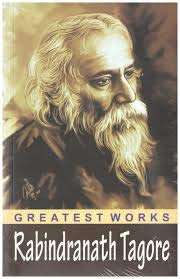Description
“Siddhartha” by Hermann Hesse is a timeless and philosophical novel that traces the spiritual journey of its titular character, Siddhartha, as he seeks enlightenment and self-discovery. Set in ancient India against the backdrop of the Buddha’s teachings, the novel explores themes of spirituality, self-realization, and the quest for meaning in life.
The story follows Siddhartha, a young Brahmin who embarks on a quest for truth and enlightenment. Dissatisfied with the conventional teachings of his father and the limitations of his privileged upbringing, Siddhartha sets out into the world, determined to find his own path to enlightenment. Along the way, he encounters various mentors, including the ascetic Samanas and the Buddha himself, each of whom imparts wisdom and guidance on his journey.
As Siddhartha navigates the ups and downs of life—experiencing love, loss, wealth, and poverty—he gradually comes to understand that true enlightenment cannot be found through external teachings or ascetic practices alone. Instead, he realizes that wisdom and enlightenment must be discovered from within, through direct experience and personal introspection.
Through beautifully crafted prose and vivid imagery, Hesse explores the universal quest for meaning and fulfillment, inviting readers to reflect on their own spiritual journeys and the nature of existence itself. “Siddhartha” is not just a novel; it is a profound meditation on the human condition and the timeless search for inner peace and enlightenment.
With its timeless wisdom and profound insights, “Siddhartha” continues to resonate with readers of all ages and backgrounds, inspiring countless individuals to embark on their own journeys of self-discovery and spiritual growth. Hermann Hesse’s masterpiece remains a powerful reminder of the importance of seeking truth, embracing change, and finding harmony with the universe.













Reviews
There are no reviews yet.